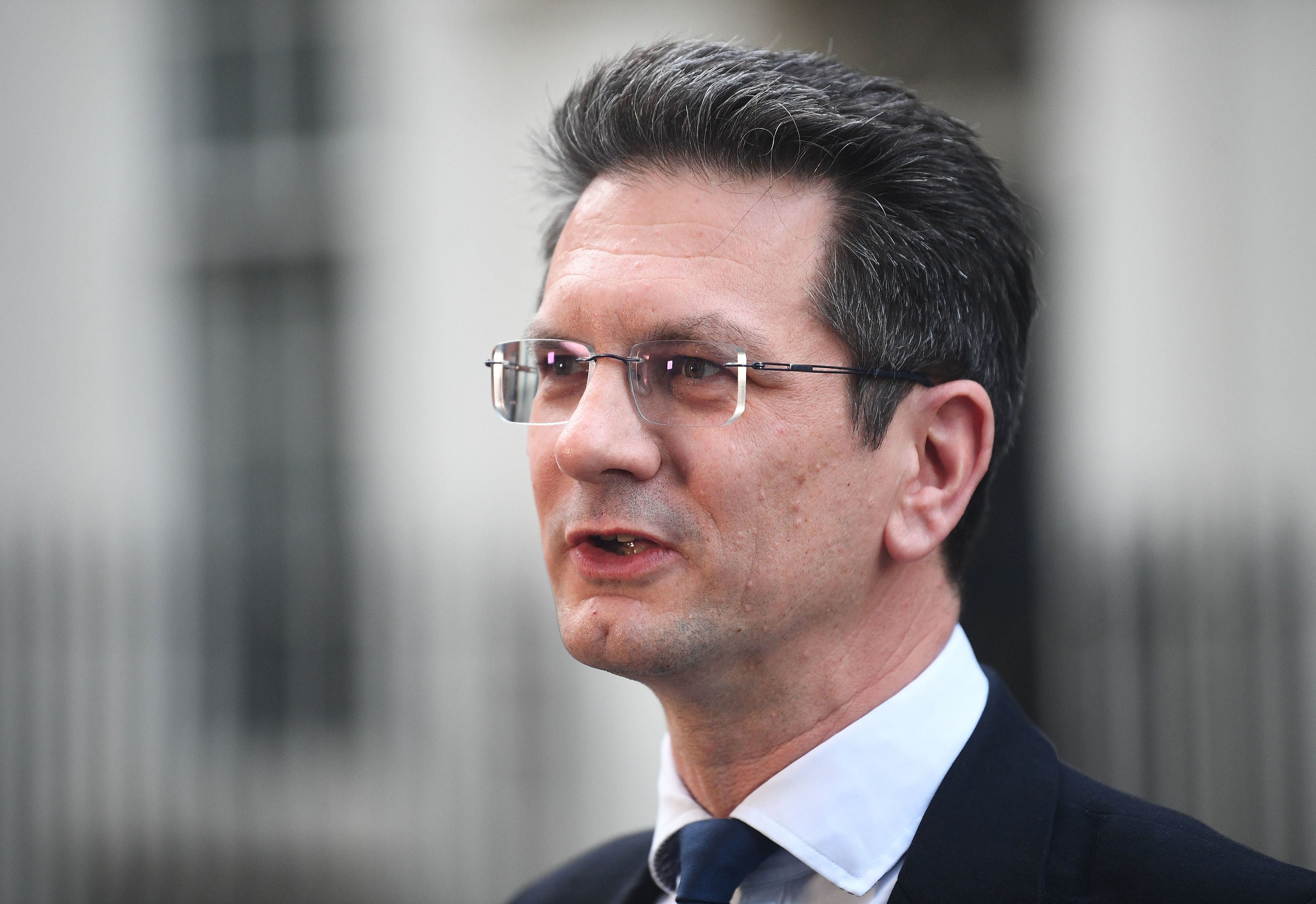The lockdown sceptics on the backbenches are getting louder – Boris Johnson must not blink
The Tory awkward squad enjoys real influence when its concerns about the economy are echoed in the cabinet but their demands are totally unrealistic, writes Andrew Grice


Boris Johnson is gearing up for another battle with the lockdown sceptics on the Conservative backbenches. He will need to face them down. Despite the grim coronavirus figures, they are pressing him to publish a plan by 15 February for the current restrictions to be lifted from 8 March.
It is a totally unrealistic demand, given the threat from the new coronavirus variant. But that doesn’t stop the “economy first” brigade from making it. The 50 to 60 strong group are a minority of the 365 Tory MPs. But they make a lot of noise, and it is magnified by right-wing newspapers – something the hardline Brexiteers enjoyed.
The MPs know how to get under Johnson’s skin: by threatening to turn the restrictions into a leadership crisis. A premature attempt to do so misfired when Steve Baker, vice chair of the Covid Recovery Group, urged fellow Tory backbenches to warn government whips “the debate will become about the PM’s leadership if the government does not set out a clear plan for when our full freedoms will be restored”.
This coup was over in two hours; Baker, with no takers, pledged loyalty to Johnson. But it was only a tactical retreat. Lockdown sceptics are warning the question will soon become, as one put it, “What is Boris there for, if he is going to extend the lockdown?”
Such sentiments are one reason why Johnson has balked at imposing the further restrictions some scientists want to see. Jeremy Hunt, the former health secretary, wants to ban household mixing outside support bubbles. The government usually ends up doing what he suggests – but too late.
The Tory awkward squad enjoys real influence when its concerns about the economy are echoed in the cabinet – often by Rishi Sunak; that’s his job. But ministers insist the cabinet is united in believing the current curbs must be relaxed slowly to avoid another surge in cases. Whitehall sources say a return to a tiered system will likely mean restrictions for sectors like hospitality last until the late spring or even the summer in areas with high infection and hospitalisation rates.
Allies of Johnson admit he could not afford to ease the curbs, only to then impose a fourth lockdown in England. So he has an interest in standing firm against his internal critics. Although he won’t admit it, perhaps Johnson knows his Christmas Day relaxation, at a time when scientists were urging further restrictions, was a mistake that resulted in a rise in infections.
Ministers prefer to blame the surge on the Kent variant. They are spooked by the prospect of another new variant entering the UK from abroad and, in their nightmare scenario, requiring those already inoculated to receive a tweaked vaccine. Johnson knows he should have closed the UK’s borders when the virus first emerged last year. The cabinet’s new faultline is between ministers resigned to travel restrictions lasting until the summer and those who want to ease them earlier. If the former group wins out, it is not only bad news for those of us planning a holiday abroad but also for Sunak, who is worried about the economic impact.
The chancellor has dismissed leaked proposals for everyone who tests positive to be paid £500 to encourage them to self-isolate. But, with only 17 per cent of people with symptoms getting a test because they fear having to stop working afterwards, there is an urgent need for more financial help for the low paid who are told to self-isolate.
There’s a growing recognition inside the government that what Johnson dubbed the vaccine “cavalry” will not ride to the rescue by itself. The health secretary, Matt Hancock, told MPs on Thursday that restrictions could be lifted only after consideration of the vaccine’s “real world effectiveness”. A crucial question is how many people transmit the virus after they have been vaccinated.
A lot rests on the vaccine on the political as well as health front. Six in 10 people believe the government is handling the pandemic badly, and three in 10 well, according to YouGov. But the figures are reversed when people are asked about the vaccine rollout. No wonder Johnson talks up the vaccine; it might offer him a chance to turn round the verdict on his overall record.
To achieve that, Johnson must not blink when faced by his truculent MPs. Although the current rules are due for review on 15 February, the crunch Commons vote might come just before 31 March, when the legislation implementing them expires. It is possible the Tory rebellion will be big enough to force the prime minister to rely on the Labour opposition to renew much-needed curbs. He won’t want to cross that line, but might need to.
In the meantime, Johnson should level with the public about how long the restrictions are likely to last, as the devolved administrations in Scotland and Northern Ireland have done. Although lockdown fatigue is real, a little more honesty would improve trust in the government and, in turn, compliance with the rules.





Join our commenting forum
Join thought-provoking conversations, follow other Independent readers and see their replies
Comments